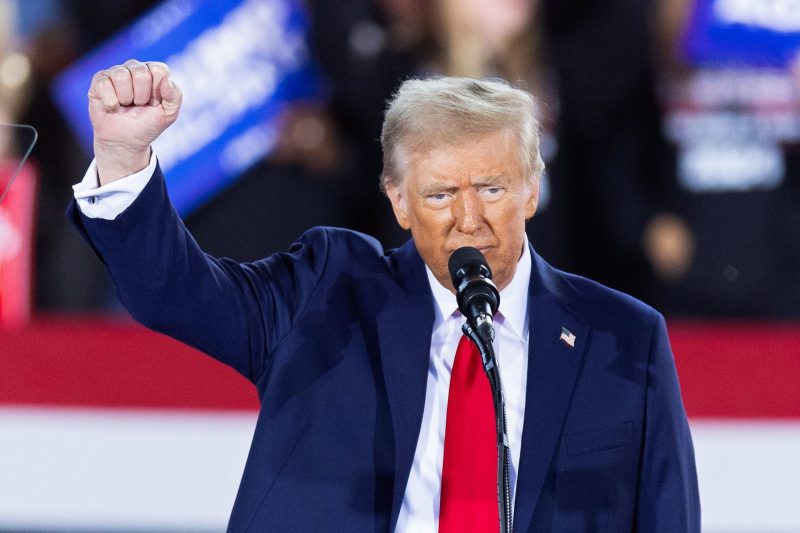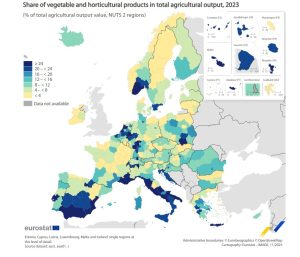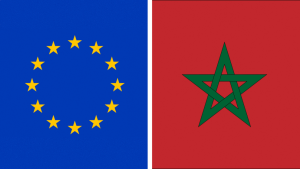U.S. President Donald Trump agreed on Sunday to extend the deadline for reaching a trade agreement with the European Union until July 9, following a phone conversation with European Commission President Ursula von der Leyen. The decision comes two days after the president threatened to impose a 50% tariff on European imports.
“She asked if we could move the deadline from June 1 to July 9. I agreed, and according to her, we will be holding meetings quickly to see if we can reach a solution,” Trump said at Andrews Air Force Base, speaking to reporters after returning from his golf course in Bedminster, New Jersey.
The dialogue was described as a “good call” by von der Leyen. On social media, the Commission President stated that “the EU and the U.S. share the most important and closest trade relationship in the world. Europe is ready to move forward with the talks quickly and decisively.” She also added, “To reach a solid deal, we will need time until July 9.”
Deadline extension
The extension comes amid heightened trade tensions between the two parties. On Friday, Trump warned that he would impose a 50% tariff on European products starting June 1 if no progress was made in the negotiations. “The talks are going nowhere,” he said at the time.
In April, the U.S. government had agreed to a 90-day truce, suspending what it termed “reciprocal tariffs” and providing a negotiation window until June 1. However, following Friday’s threat, Trump changed course and reinstated July 9 as the new deadline — a date he had originally proposed as the ultimate extension for suspending reciprocal tariffs.
Current tariffs
Currently, European products are subject to a base tariff of 10% when entering the U.S. market. If no agreement is reached before July 9, this could double to 20%. Trump has even suggested the rate could rise to 50% if no progress is made, using it as a pressure tactic on Brussels.
EU Trade Commissioner Maroš Šefčovič also weighed in on the issue. On Friday, he spoke with his U.S. counterpart, Jamieson Greer, after which he stated: “Trade between the European Union and the United States must be based on mutual respect, not threats.” Šefčovič also reaffirmed that the EU would defend its interests during negotiations.
RELATED NEWS: The US is the second largest destination for EU food exports
Since taking office, Trump has frequently used tariffs as a negotiation tool with key trade partners, including China, Mexico, Canada, and the European Union. While some of these tariffs have been temporarily suspended, the president has insisted his goal is to secure “fairer” conditions for U.S. producers.
In the case of the European Union, the threat of a 50% tariff represents the most significant increase proposed by Washington to date. The White House has not specified which sectors would be most affected if the measure is enacted, but in past disputes, European exports of cars, machinery, and agricultural goods have been among the most contentious.
As the new July 9 deadline approaches, both parties have committed to accelerating negotiations. According to Trump, upcoming meetings will determine whether a deal can be struck or new restrictive measures will be imposed. “We’ll see if we can find a solution. We’re going to meet quickly,” the president stated.




















